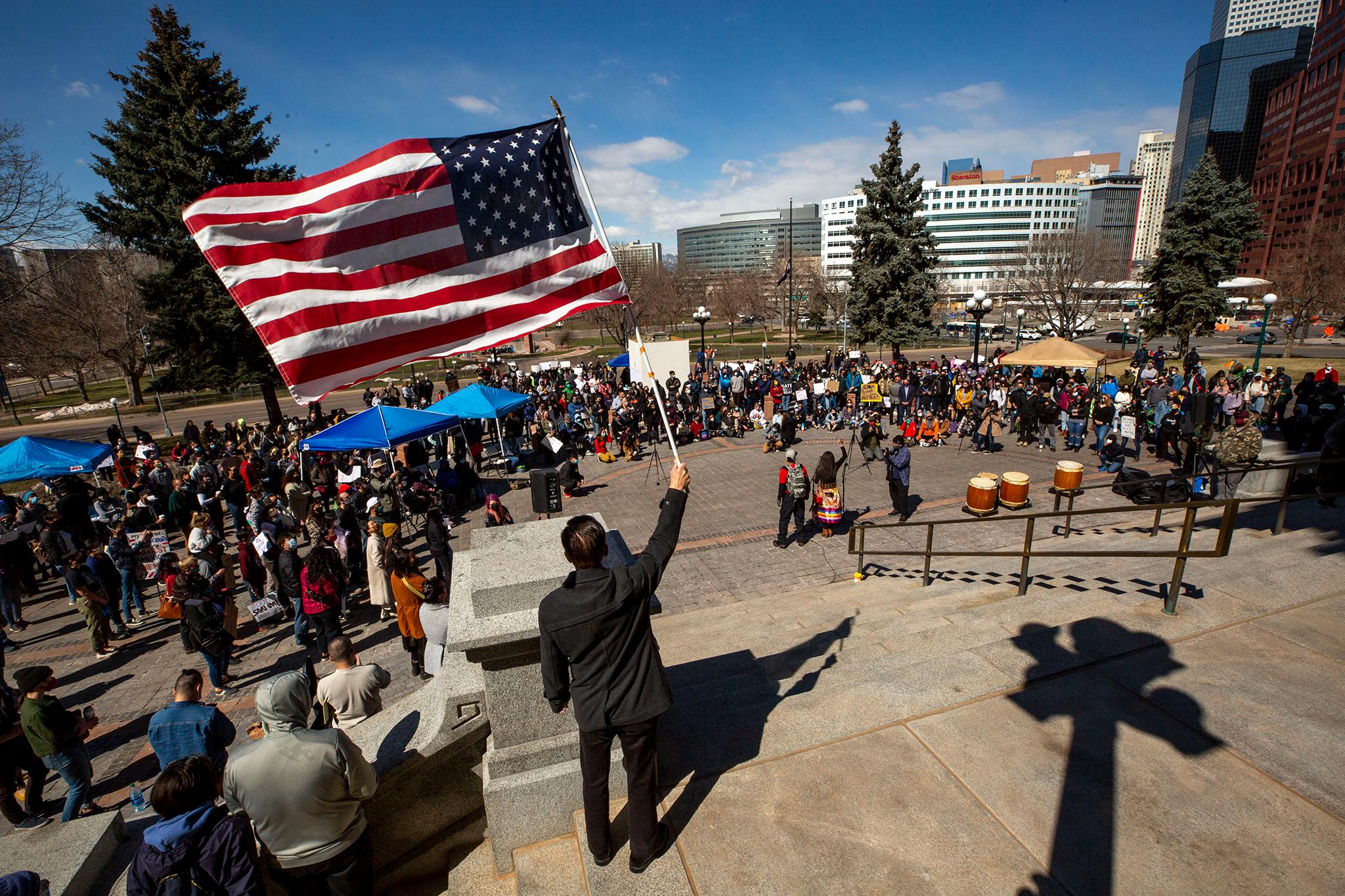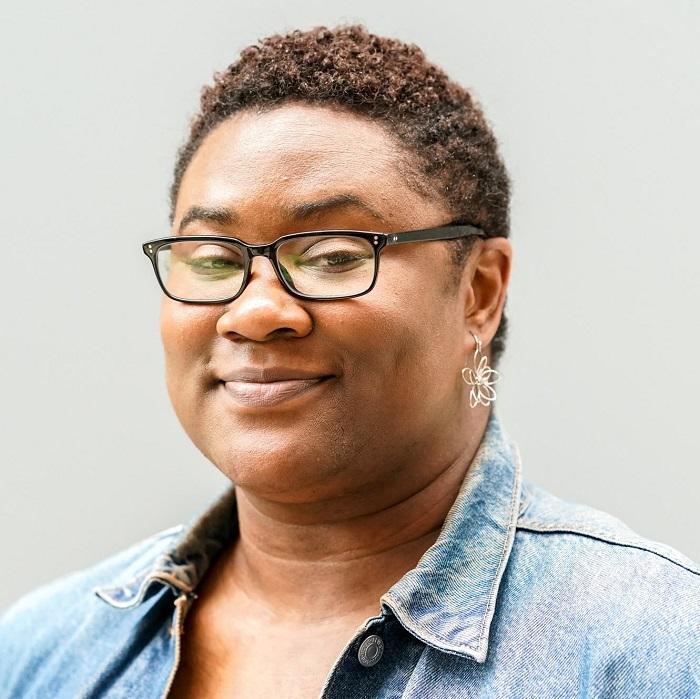
In the last five years, three out of every 10 Coloradans experienced a hate crime and according to a recent study, most of those crimes go unreported.
A state coalition of nonprofits called Hate Free Colorado recently found that adults from numerous racial, ethnic and religious backgrounds from all across Colorado, are experiencing hate crimes. More than 5,000 Coloradans completed a 10-question survey between May and July about their experiences.
Jeremy Shaver, a spokesperson for Hate Free Colorado and associate director of the Anti-Defamation League Mountain States Region, said the purpose of the survey was to get an estimate of how often hate crimes and bias incidents happen in the state, and to find out whether people are reporting them.
“We've realized that outside of a couple of data sources, there was a real gap in understanding what's happening on the ground in Colorado,” Shaver said.
The coalition’s study is a step toward eliminating that problem, he said.
The study found that about 30 percent of adults in Colorado have experienced hate crimes, including verbal harassment, property damage or physical injury. That’s 28 percent of adults, based on the pool of survey participants.
“The core issue that the survey highlights is the impact to quality of life for Coloradans,” said Dilpreet Jammu, executive director of Colorado Sikhs, and a member of Hate Free Colorado. “When individuals are targeted with a hate crime — for no other reason than their personal identity — their sense of safety, purpose and belonging is destroyed. A hate crime impacts an entire community. It is imperative that we come together to address this issue so all are truly able to thrive in Colorado.”
In 2020, the FBI received a total of 281 hate crime reports from law enforcement agencies in the state, Shaver said. The bureau publishes an annual crime report and this year’s results have yet to be released. But submitting hate crime data to the FBI is voluntary for law enforcement agencies, which creates a discrepancy in trying to determine how often the incidents are actually happening. In addition, many people don’t report it to the police, let alone directly to the FBI.
“Many of the populations that are most frequently targeted with hate crimes are also those right now that have the lowest levels of trust and confidence in law enforcement,” Shaver said. “So they're not inclined to go to law enforcement. And we saw many comments from folks who explained why they didn't report to law enforcement and why they may be reported somewhere else.”
The study found that most hate crimes go unreported to the police. Only 18 percent of those who experienced a hate crime reported it, and 29 percent reported it to anyone at all, the study found. This includes reports to employers, community organizations, family members, friends, clergy or counselors.
The study recommended the creation of hate crime hotlines, which would establish non-emergency numbers at the local and state level; expand training for police officers who are most likely to interact with individuals targeted by hate crimes; and outreach and education for impacted groups.
The issue will take a collaborative effort, according to Nadine Bridges, executive director of One Colorado.
“The safety and wellbeing of LGBTQ Coloradans, Black and Brown Coloradans, and all those frequently targeted with hate must be a concern for all Coloradans if we’re going to reverse this trend,” she said.
Coloradans of all backgrounds are experiencing hate crimes and bias-motivated incidents — including Black and Latino, Asian, white, Christian, Muslim, Jewish, Catholic, and more. Sixty-one percent of those who said they experienced bias or a hate crime attributed it to their race, ethnicity, or ancestry. This means ethnic minority groups are 1.5 to two times as likely as white Coloradans to experience hate crimes, the study found.
Other findings include one in four Muslim and one in six Jewish Coloradans have experienced a hate crime because of their religion.
Harry Budisidharta, executive director of the Asian Pacific Development Center, said forward is the way to go.
“We hope these alarming survey results generate greater awareness and action by government officials, law enforcement agencies, and community organizations to fight back against increased hate,” Budisidharta said.








